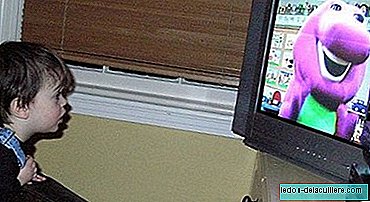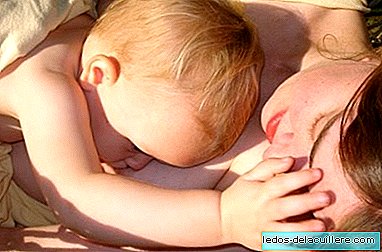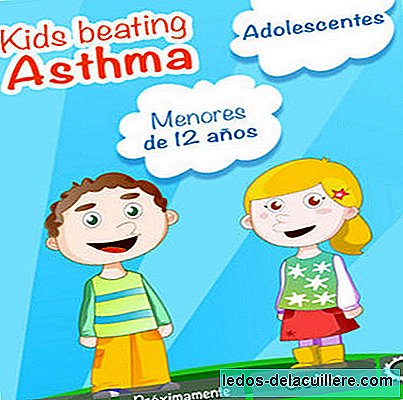
Expert recommendations aim to limit television exposure during early childhood, and even avoid it before two years, as the effects of children watching too much television are quite negative.
An investigation has been carried out to verify the effects of television exposure during early childhood and how long they last. Although they were expected to disappear by the age of seven, even at ten years of age the damaging impact of excessive hours of TV was noted.
The children had a worse performance in school, low school participation, were more sedentary and consumed more junk food.
The study authors monitored more than 1,300 children, taking into account how many hours of television they watched at two years and five months of age and again at four years and five months.
The average among the youngest was nine hours and among those older than fifteen hours per week, exceeding the recommended limit of two hours per day.
Those children were evaluated again at the age of ten and those who had been most exposed to television had lower levels of participation in class and worse grades in mathematics. They were also less prone to physical activity, were more prone to drinking soda and had a higher body mass index.
They are the consequences of exposing children in early childhood to television, when their brain is in full development and when they lay the foundations of a life behavior.
The time spent on television is time "stolen" to more enriching activities for both intellectual and cognitive and motor development.
It does not mean that watching educational programs is not positive, there are some very good, but without excesses. Activities such as reading a book, playing or exercising should not be replaced for hours in front of the TV, as we see the effects are harmful for the development and health of the little ones.












